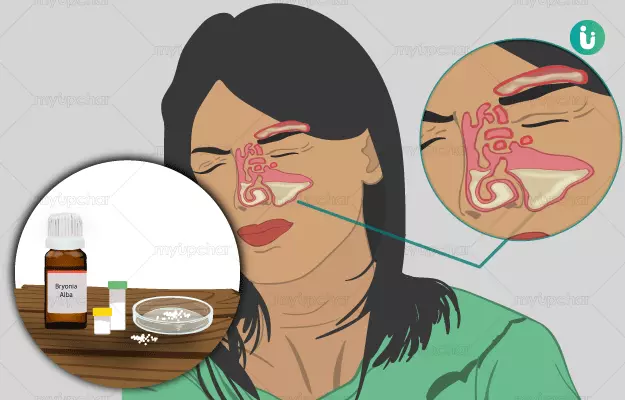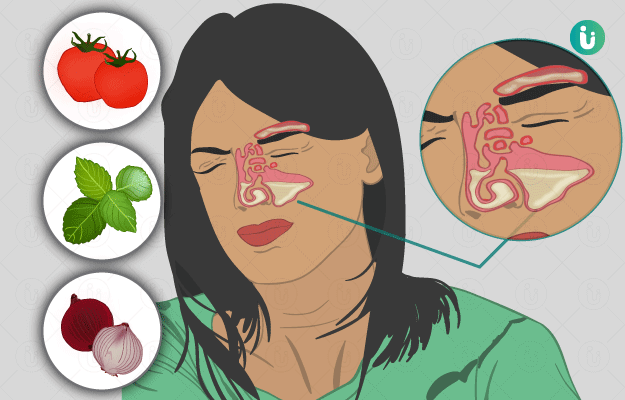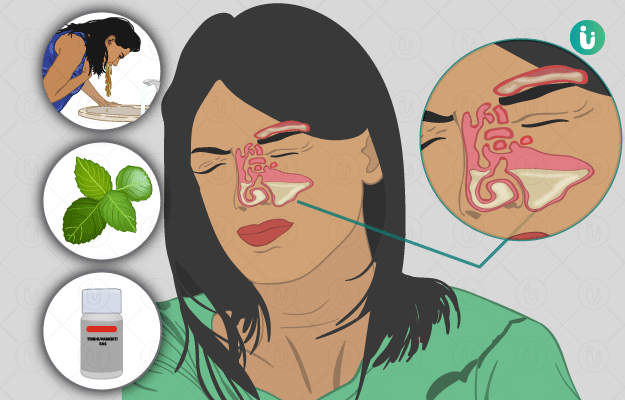Sinuses are air-filled cavities which are present in our cheekbones, around eyes and around the nose. These cavities contain mucus, which helps to warm up and filter the air that we breathe. However, blockages within these cavities prevent the mucus from draining naturally and can lead to inflammation of the surrounding tissue. This condition is known as sinusitis. Sinusitis could be acute or chronic. Symptoms of acute sinusitis last for less than four weeks and may often go away within a matter of 10 days. On the other hand, in chronic sinusitis (also called chronic rhinosinusitis), symptoms last for more than 12 weeks even after medical intervention.
Acute sinusitis is often a result of a viral or bacterial infection and chronic sinusitis occurs due to different allergens, which prevent the inflammation from subsiding and make the symptoms persist. In such cases, the exact cause of sinusitis may not be determined.
There are multiple symptoms associated with sinusitis. These include pain and swelling in and around the cheeks, congestive pain in eyes and nose, blocked nose with a green or yellow discharge, severe congestive headache, toothache and bad breath. Some mood symptoms such as irritability may also occur. Acute sinusitis often begins as a cold and may eventually turn into a bacterial infection. If the infection occurs, a host of other symptoms such as fever, tiredness and cough may also be seen.
A doctor will be able to diagnose sinusitis by examining the symptoms and using some imaging tests for confirmation. Allergy testing may be recommended for determining the allergens responsible for triggering sinusitis. Other techniques such as rhinoscopy and nasal endoscopy may also be used to identify the location of the blockages in sinus cavities.
The homeopathic approach to sinusitis treatment involves administration of drugs such as belladonna, arsenicum album and hepar sulph.

































